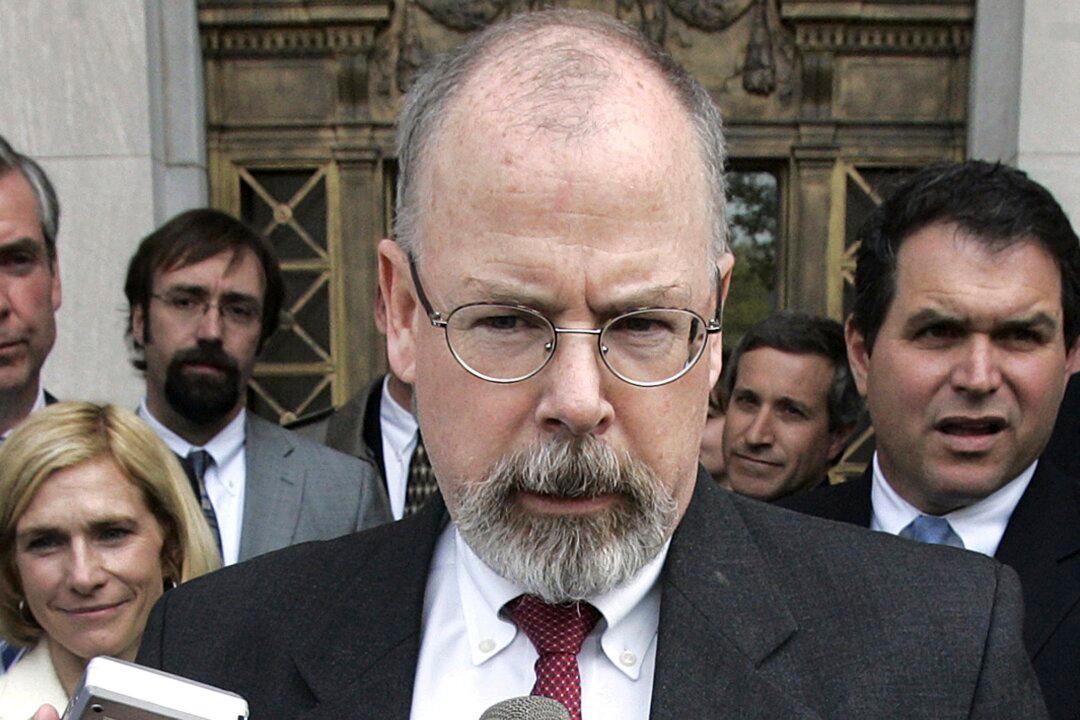Commentary
The fact that the U.S. Supreme Court has effectively debunked the Democratic effort to deform the whole process of electing the president and vice president is naturally gratifying.

The fact that the U.S. Supreme Court has effectively debunked the Democratic effort to deform the whole process of electing the president and vice president is naturally gratifying.